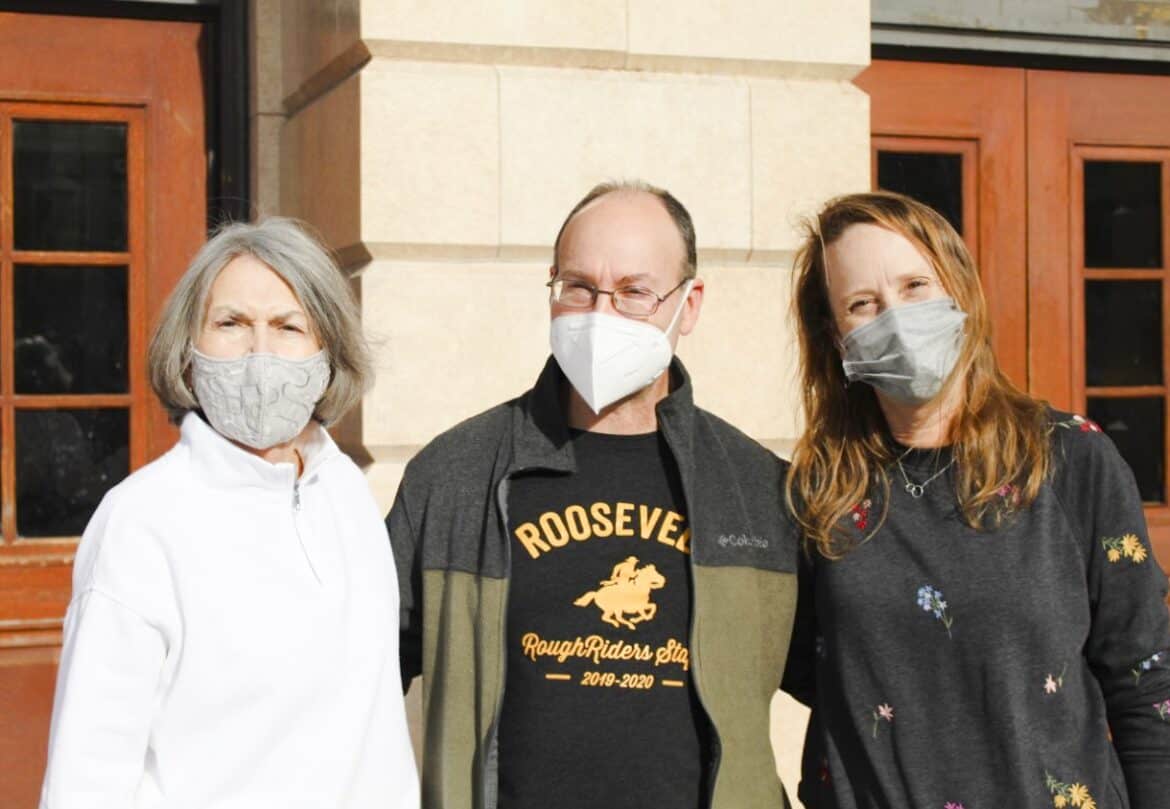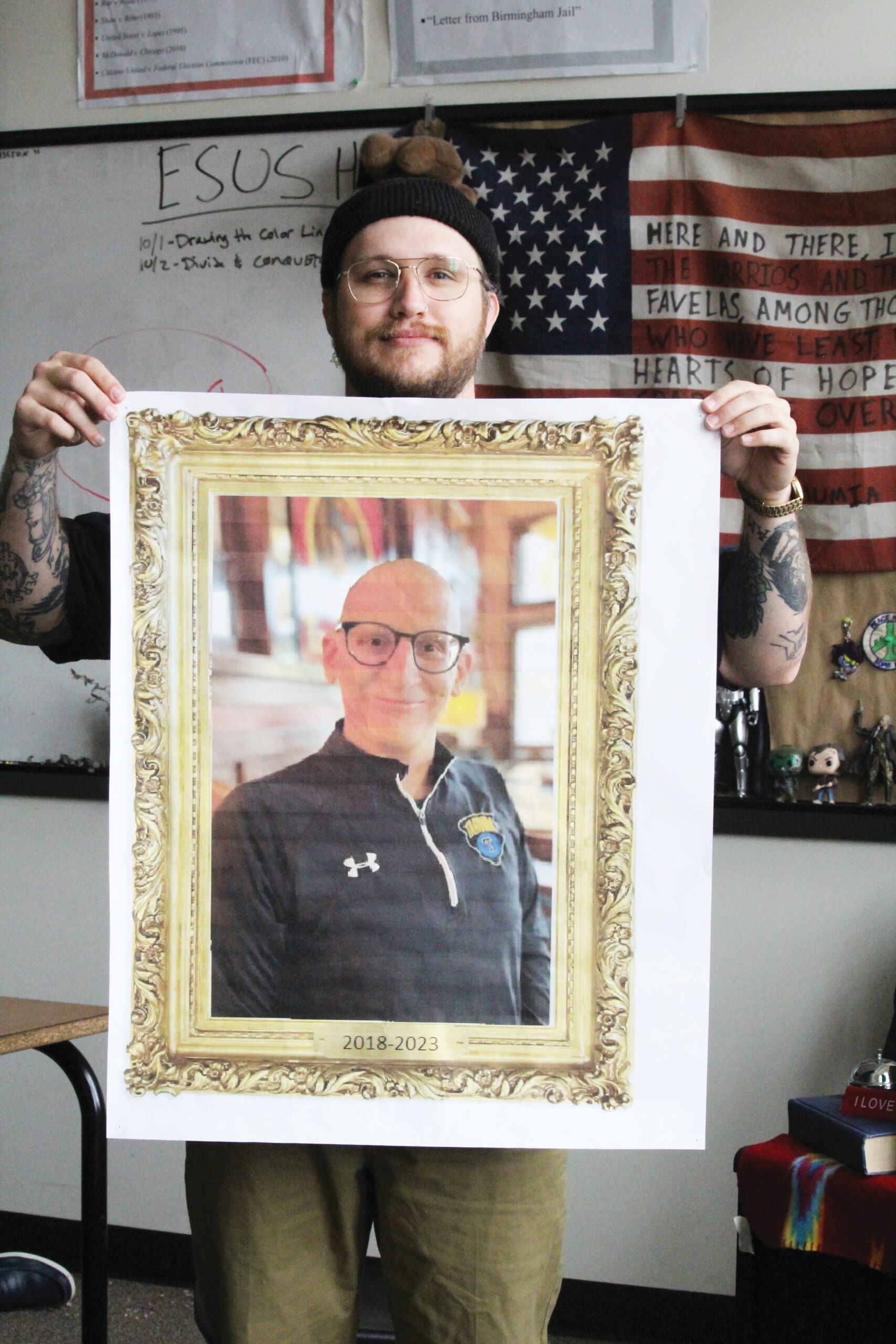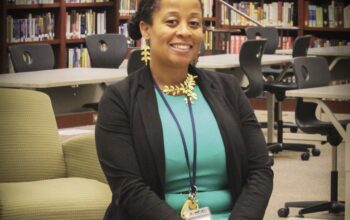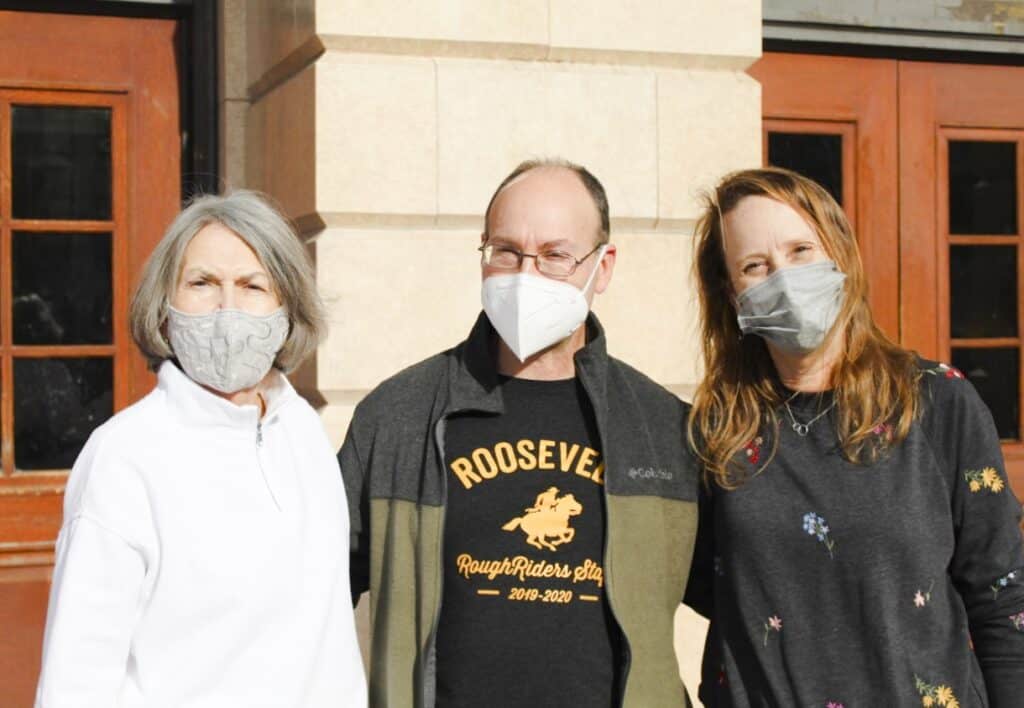
Majorie Gamble, David Grosskopf, and Kristi Barnes
Roosevelt High School has 10 students-turned-teachers. These are teachers who attended Roosevelt as students and returned to teach.
Most teachers did not return with the express purpose of having a big full-circle moment. It was more a matter of proximity to their physical homes. But upon further reflection, many consider that their sense of home and community as a student might have been a factor in their decision to return, if only a subconscious one.
Teachers walking the halls they once roamed as students do not feel particularly special. History teacher Kristi Barnes explains, “The environment itself didn’t feel the same, clearly externally it did. But internally, it felt quite different.”
Of these students-turned-teachers, Barnes and David Grosskopf, current department chair of English and language arts, attended the school at the same time. However, Barnes and Grosskopf did not know each other, as Barnes was two grades below Grosskopf and they ran in different circles.
During their time as students, some teachers joined clubs and engaged in activities that contributed to developing a passion for their subject or teaching. Grosskopf would spend his free time staying up late writing and conversing about literature.
Most teachers recall their experience at Roosevelt as a joyous one. Marjorie Gamble, current Administrative Secretary, moved from the East Coast in her sophomore year and was able to find aspects of her experience that made it worthwhile.
Recalling her biology teacher, Gamble says, “He also took a group of us skiing every Friday night. And his classroom was just very welcoming.”
Feeling welcome is a recurring theme among students-turned-teachers. Each one of them had a teacher who served as an outstanding role model, inspiring and supporting them both as students and as people.
Barnes remembers her history teacher fondly, “I had an excellent history teacher who I adored. His name was Mr. Russo … he taught me to love history, which you know, I followed through, and also just kind of that connection, that human connection that made me eventually want to be a teacher.” She went on to student teach with him as a part of an internship while completing her graduate degree.
Grosskopf also describes the significance of human connection as a student. Regarding his English teacher, Doc Hansen, Grosskopf says, “I felt like we were loved by her.”
Grosskopf explains a surprising factor in determining his career path. He says, “There were some classes that made me angry enough to become a teacher … it just made me angry that there was not more curiosity, or humility, or encouragement for further research. There was just: here’s the knowledge, take it, give it back in a test.”
Grosskopf continues, “I wanted to go into teaching partly because I felt like there was something much more dynamic and humanizing that I wanted to deliver.”
Overall, the paths of these teachers were quite different but similarities can still be found. Barnes and Gamble attended the University of Washington, North Seattle College and Shoreline Community College to get supplemental degrees. Quite a few of them stayed in the area but some went out of state for college before returning.
Grosskopf attended Harvard University for his teaching degree and returned to the Pacific Northwest to teach at Oak Harbor on Whidbey Island. Barnes and Gamble worked at Cleveland High School for several years before finding their way back to Roosevelt.
Band director Scott Brown never attended the school himself, but has witnessed many of his students become colleagues. He says that he is always himself, which allows for “an open and transparent relationship, that then, as students graduate and become adults, oftentimes, we’ve become friends.” He concludes, “Many of my best friends are former students.”

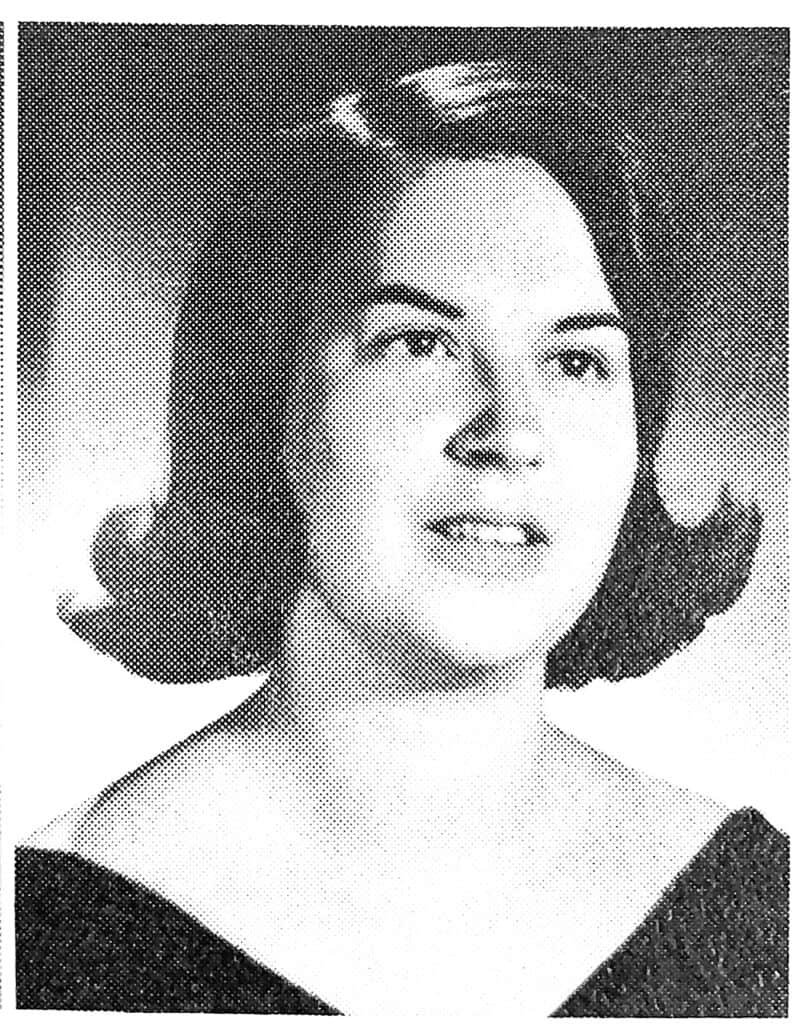
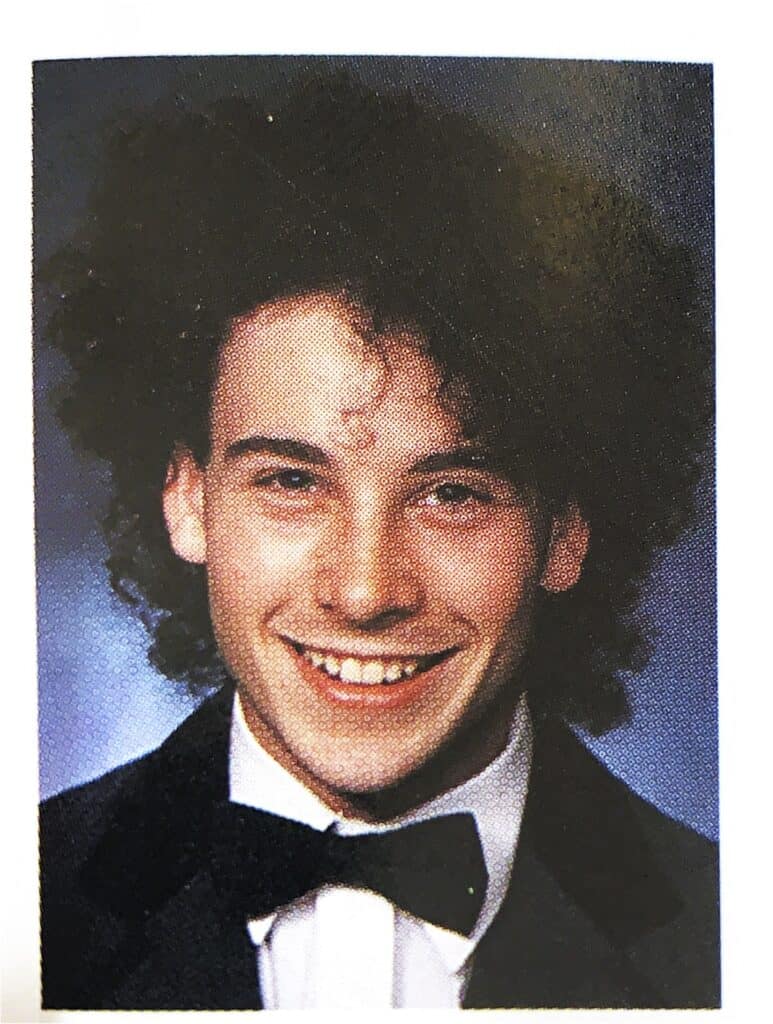
Barnes concurs, “My best friends really in life are people I went to high school with here, and then people now that I work with here. So yeah, I think that’s a really special thing that we’ve created a lot of community here.”
Returning to teach at Roosevelt brought the opportunity for stronger friendships and a greater sense of community for teachers. Not only is the community within the school strong, but it extends outside of it too.
Barnes explains, “People are connected more to the community in general, that, you know, we live around here, we’re part of the neighborhood. … So I think there’s an advantage in terms of alumni and connections, feeling like you have roots here.”
Principal HkwauaQueJol Hollins did not feel like he fit in during the few months he attended Roosevelt. Plus, he didn’t live in the area, so he was not as immersed in the community.
Nonetheless, Principal Hollins says, “Roosevelt has always felt like home. And that’s just something I can’t explain. It’s just a feeling … I always told myself if I was going to be principal at any high school, anywhere, it’s gonna be Roosevelt.”
Brown thinks that the abundance of students-turned-teachers “has to speak to the teachers that are here, that there’s sort of a powerful presence and a passion about teaching that somehow young people connect with.” He speaks to his pride, “To think that somebody who’s going through my program now might be inspired enough and motivated enough that they would want to do this as a career, that’s like passing down a legacy.”
Despite having vastly distinct experiences as students, coming into Roosevelt as educators, these teachers can agree they want to cultivate an environment built on human connection and exploring student potential. They stay because they believe in their students and the community and strive to make it welcoming.
Brown says, “I’m inspired by the educators that are around me. And I’ve seen lots of teachers come and go, as you might imagine, over almost four decades, you see a lot of teachers pass through, and administrators pass through. And yet still there’s something special and vibrant about this place.”
